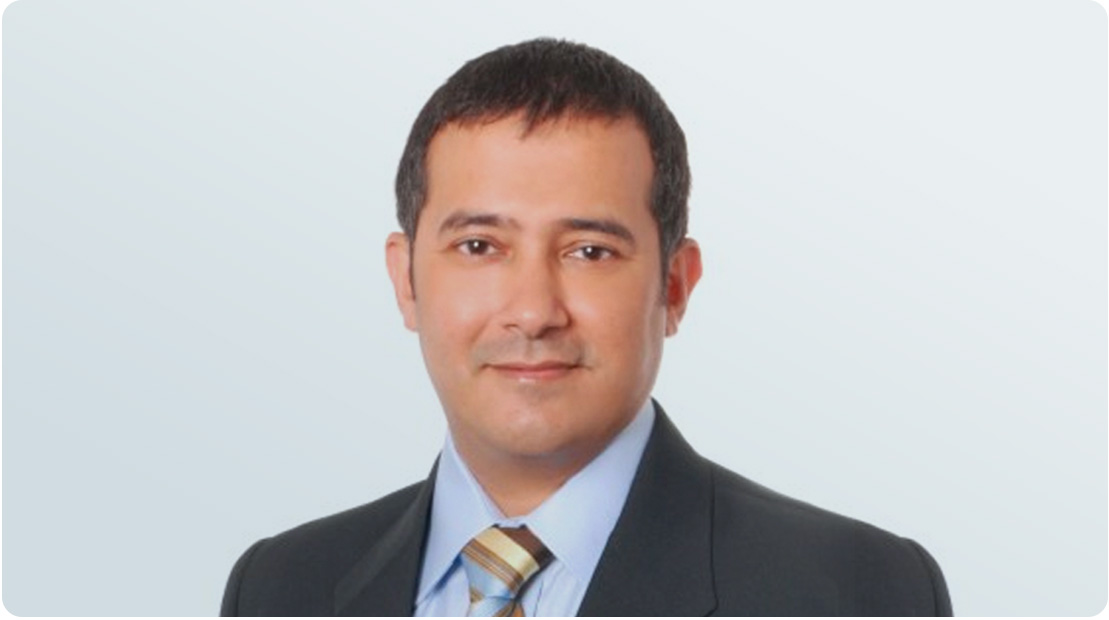Hernia Treatment & Repair Surgery
Hernia repair surgery is one of the world’s most common surgical procedures. Hernia surgery can help
to relieve pain, return the hernia abdominal organs to their correct place and, strengthen the weak
muscle area. A hernia operation usually takes around an hour as a day case procedure. It can be
performed by:
How to Prepare for Hernia Surgery?
Proper preparation for a hernia operation in Singapore begins with following the preoperative
instructions provided by your doctor, including guidelines on fasting before
surgery, as well as any medications or supplements to avoid.
Patients must arrange transportation to and from the hospital as the effects of
anaesthesia and pain medicine might impair their ability to drive home after a
hernia operation.
What to Expect During Hernia Surgery?
Generally, hernia repair surgery is performed under general anaesthesia, which
means the patient is asleep and pain-free during the procedure. The surgical
technique varies based on the type and location of the hernia.
Oncean incision is made by the Singapore hernia specialist, the herniated tissue
is pushed back into its rightful position, and the weakened or torn muscle walls
are repaired using stitches, staples, or adhesive glue. In some cases, surgical
mesh or other synthetic material is placed to help reinforce the area of the
muscle wall and prevent the hernia from recurring.
What to Expect after Hernia Surgery?
Following hernia surgery, patients are usually discharged on the same day. You
should be able to return to most normal activities within 1 to 2 weeks. Pain,
bruising, and swelling around the incision site are common but temporary and
will subside with time; and some may also feel sensations of pulling in the
area. In Singapore, hernia surgeons usually prescribe pain relief medications to
make the recovery process more comfortable.
Instructions on diet and proper wound care will also be provided. in the days following the hernia operation, it is important to rest and avoid engaging in
physically strenuous activities.
Your doctor will schedule follow-up appointments to monitor your recovery and
ensure that the incision is healing properly.
Are There Any Risks of Hernia Surgery?
As with all surgeries, there are risks associated with hernia repair, which
includes infection, excessive bleeding, damage to surrounding organs and blood
vessels, reaction to anaesthesia, and fluid accumulation (seroma) near the
hernia site.
While these risks exist, hernia repair surgery is usually a very safe procedure
with a high success rate. Your hernia surgeon in Singapore will discuss these
risks with you and take all the necessary precautions to minimise them.





